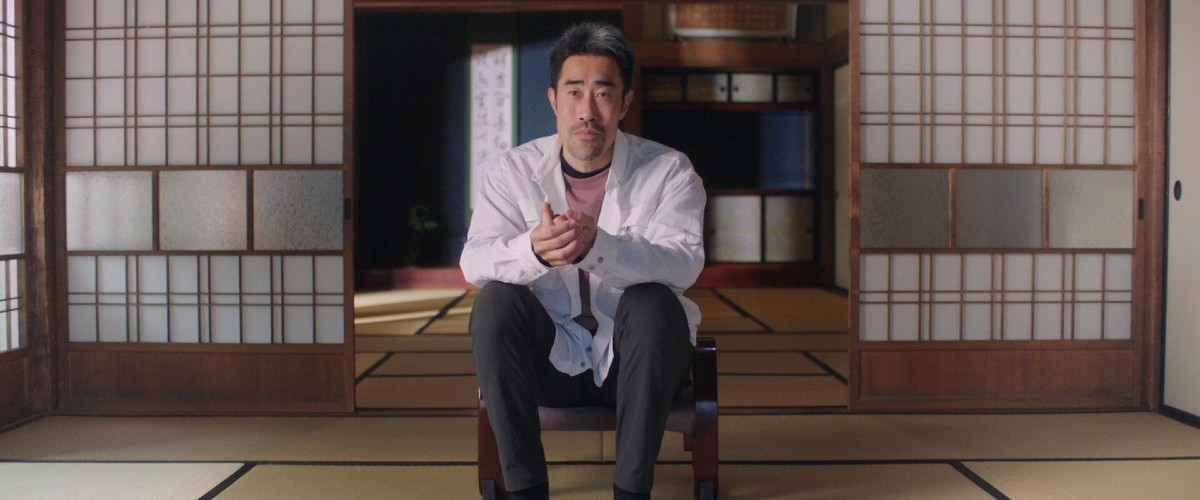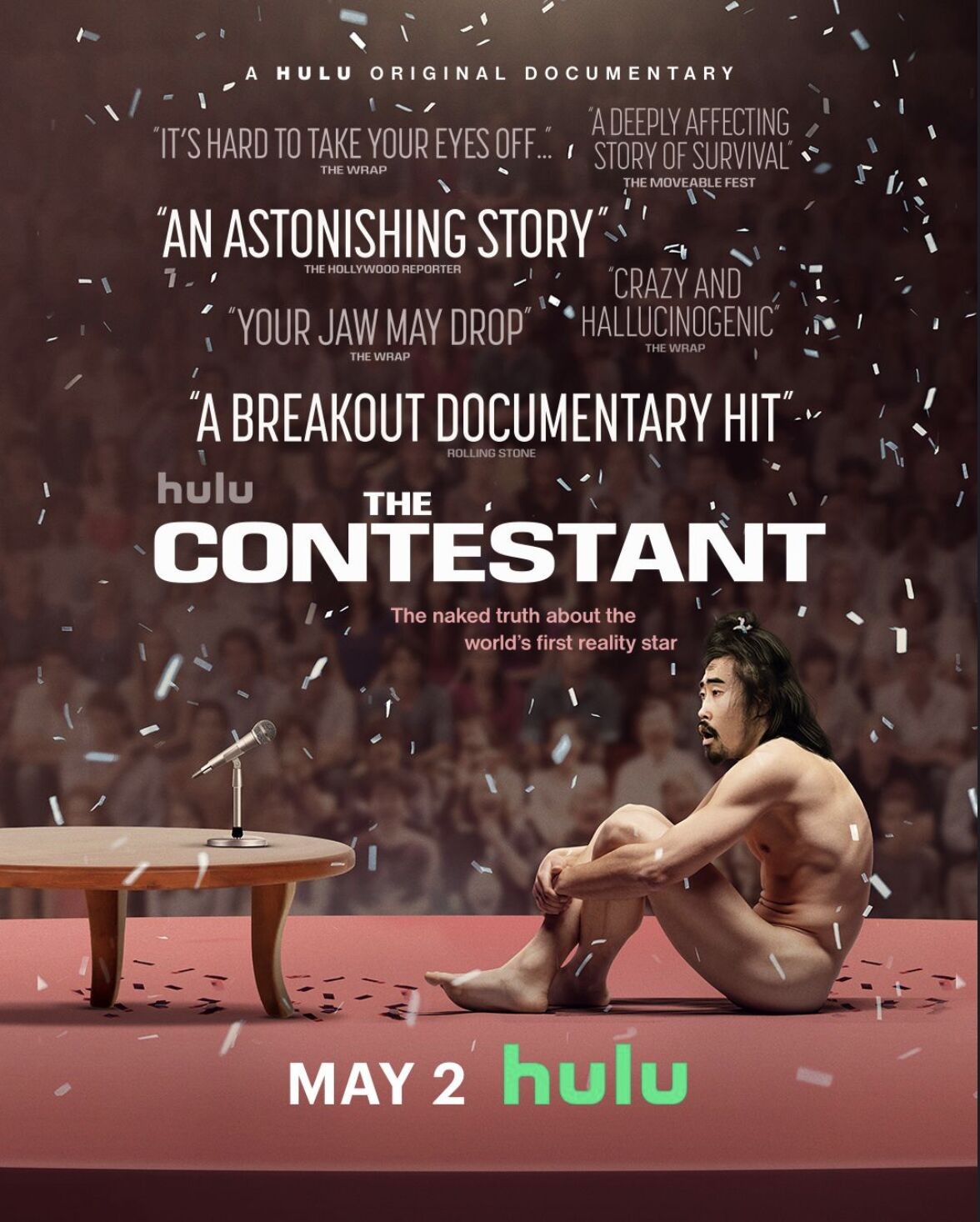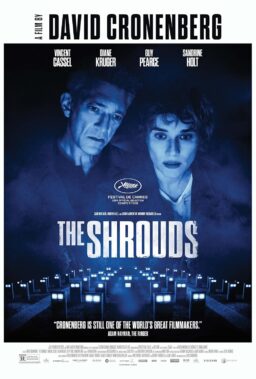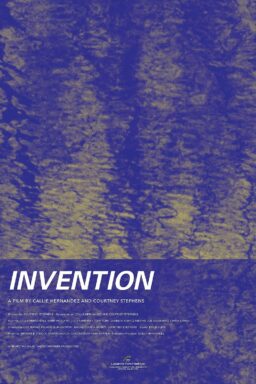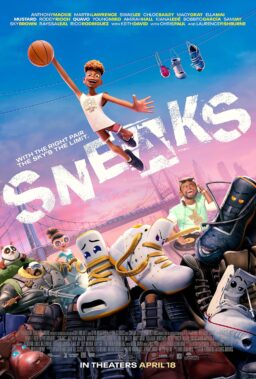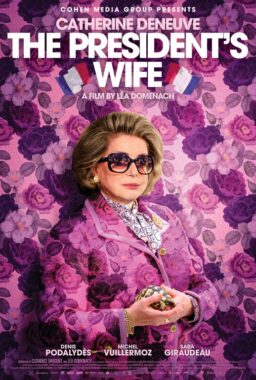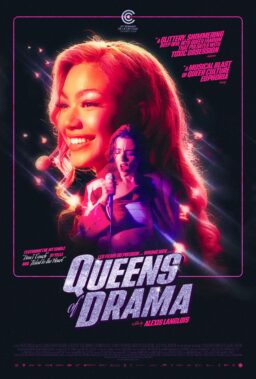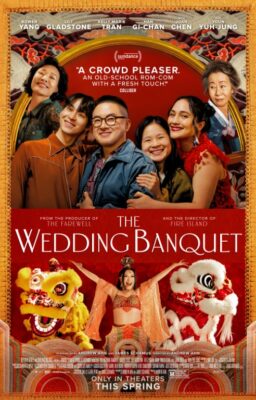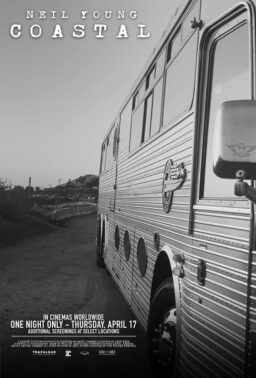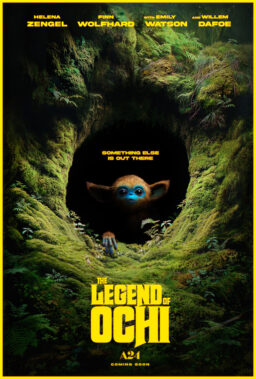Sometimes, the revolution is televised. In 1998, an aspiring comedian auditioned for a Japanese TV show that put young people in difficult situations and filmed them for entertainment. By the luck of the draw, he won the chance to pursue fame in the burgeoning realm of reality television. Forced into a studio apartment with no clothes and no supplies except postcards to enter magazine sweepstakes, Nasubi survived an unfathomable period of isolation and malnutrition, not knowing his experience would be broadcast to 30 million viewers and live-streamed to a new online audience.
It’s a strange time capsule to revisit. Still, in the new Hulu documentary “The Contestant,” director Clair Titely attempts to make sense of this bizarre entry in TV history by exploring it as a harbinger of things to come: the explosion of reality TV, live-streaming celebrities, and parasocial relationships with onscreen strangers.
Guided by candid interviews with Nasubi, his family and friends, and even some of the TV crew, “The Contestant” recounts his humble beginnings in scenic Fukushima, discovering comedy as a way to avoid bullies before leaving home for Tokyo where he lands an audition for “Denpa Shonen,” an early entry for stunt reality television in the spirit of “The Amazing Race” and “Survivor.” Looking to diversify their premise, they choose Nasubi to survive solely on magazine contest prizes — ,isolated from his loved ones, stripped bare of his belongings, and unwittingly filmed at all hours of the day and night with the promise they would not show everything.
“Denpa Shonen: A Life in Prizes” was the brainchild of TV producer Toshio Tsuchiya, who quickly establishes himself as a kind of unrepentant bad guy in the narrative, coldly pushing Nasubi into uncomfortable situations time after time. Although technically Nasubi could have left the show at any moment, he threw himself into the challenge as a hungry young man looking to prove himself, learning to survive on meager supplies and repurposing objects. His obsession with winning keeps him in these conditions for a year and three months.
Watching the footage condensed into a much more manageable hour-and-a-half documentary, I can see the appeal and curiosity of an unsuspecting public who might not have known he wasn’t in on the joke. Like Jim Carrey’s character on “The Truman Show” (which the documentary notes came out later that year), he was a seemingly ordinary man made famous, a new kind of celebrity who didn’t hail from a wealthy family, arts or sports background.
The novelty of watching each other was still pretty fresh at the time as opposed to today’s saturated landscape of Twitch streamers, Instagram Live hosts, and infinite social media feeds. People rooted for him because they could see themselves in him or were curious about what he would do next. The question of “What would I do in this scenario?” keeps audiences hooked on the drama and spurs conversation about what he did right or wrong. Poor Nasubi had well over a year to answer that question for himself live in front of a captivated audience of millions.
Titely’s feature debut does an admirable job condensing the show into a powerful hour-and-change saga. Still, it loses momentum after the show’s jaw-dropping finale, yet another cruel trick played by producer Tsuchiya. Nasubi is left to handle the emotional impact of being isolated from humanity for over a year on his own. While his story continues on a happier note, the critical approach to the show disappears. Although examples of reality TV go back as far as the 1970s with the PBS docuseries “An American Family,” this evolution towards unfettered access to others was something new.
“The Contestant” reconstructs parts of the show’s graphics and voice-overs in English to illustrate Nasubi’s deteriorating state of mind during his televised ordeal and emphasize the program’s joking tone. As Nasubi is pushed to his wit’s end, physically affected by the challenge, the onscreen graphics make light of his condition or joke about his face. Meanwhile, it cuts back to a host in front of a blue screen, excitedly providing breathless commentary on Nasubi’s movement.
In retrospect, “Denpa Shonen: A Life in Prizes” seems obscenely cruel. However, today’s reality TV shows still use similar tactics to push contestants to their brink, and there’s a growing contingent of reality TV stars fighting back for better working conditions. The documentary doesn’t go so far as to call the show a form of torture, but some critics at the time did. That perspective decrying Nasubi’s exploitation feels sorely missing from this conversation.

